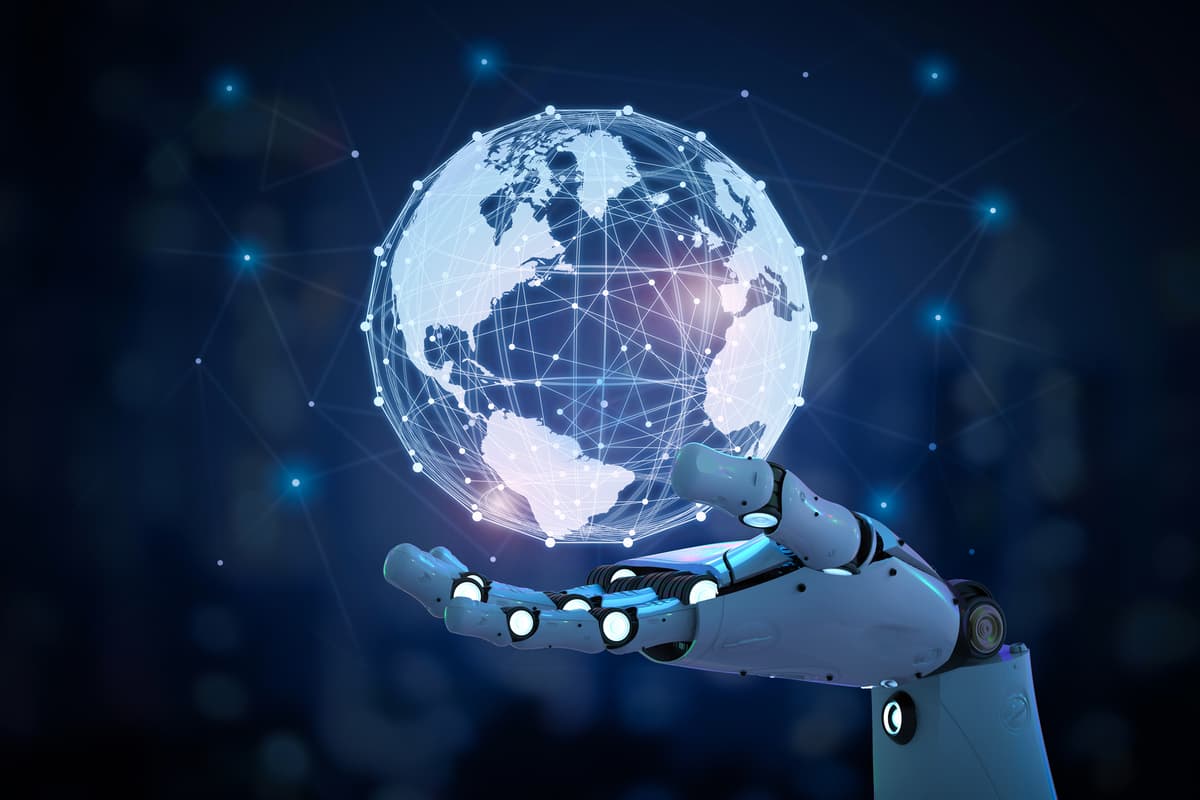Science fiction writer Isaac Asimov introduced the ‘Three Laws of Robotics’ in his 1942 short story, Runaround. The laws, paraphrased, are as follows. First Law: A robot may not harm a human or, through inaction, allow a human to be harmed. Second Law: A robot must obey the orders of a human except where the orders violate the First Law. Third Law: A robot must protect its own existence as long as that protection doesn’t violate the First or Second Laws.
Many people have problems with Asimov’s ‘Laws’ because they were designed as a fictional device to sell more of his stories. They don’t always translate to real-world scenarios. However, at last week’s four-day 2024 World AI Conference (WAIC) held in Shanghai, China released the official Shanghai Declaration on Global AI Governance, the first governance guidelines for artificial intelligence, and called on other countries to work together to enact it.
“We look forward to the positive responses of governments, the scientific and technological community, the industry and all parties involved, so that we can work together to promote AI to benefit mankind,” said Chen Jining, the Chinese Communist Party (CCP) Committee Secretary of Shanghai, announcing the Declaration at the opening ceremony of WAIC.
The Declaration fits squarely with the theme of this year’s conference – "Governing AI for good and for all" – and it follows the United Nations General Assembly’s adoption, a few days prior, of a China-led resolution meant to help poorer nations benefit from AI’s capabilities. The resolution was co-sponsored by over 140 countries, including the US.
“It’s fair to say that this document showcases the unity and cooperation of various countries and their determination and confidence in promoting some orderly and inclusive development of AI,” said Dai Bing, China’s deputy permanent representative to the UN, during a special briefing as part of the High-Level Meeting on Global AI Governance that was held alongside the conference. “It’s a milestone in global AI governance, especially in promoting capacity building. It has far-reaching influence on shaping the future of the world.”
An English version of the Declaration is on the Ministry of Foreign Affairs of the People’s Republic of China's website, but it’s too lengthy to reproduce here in full. So, here are the highlights:
Promoting AI development
- “We agree to actively promote research and development to unleash the potential of AI in various fields such as healthcare, education, transportation, agriculture, industry, culture and ecology.”
- “We will closely watch and mitigate the impact of AI on employment, and guide and promote the improvement of the quality and efficiency of AI-enabled human work.”
- "We advocate the spirit of openness and shared benefit, and will promote exchanges and cooperation on global AI research resources.”
- “We agree to safeguard high-quality data development with high-level data security, promote the free and orderly flow of data in accordance with the law, [and] oppose discriminatory and exclusive data training.”
- “We call upon all countries to uphold a people-centered approach and adhere to the principle of AI for good, and ensure equal rights, equal opportunities and equal rules for all countries in developing and using AI technologies without any form of discrimination.”
Maintaining AI safety
- “We attach great importance to AI safety, especially to data security and privacy protection. We agree to … ensure the protection and lawful use of personal information.”
- “We recognize the need to strengthen regulation and develop reliable AI technologies that can be reviewed, monitored, and traced. Bearing in mind the evolving nature of AI, we will use AI technologies to prevent AI risks and enhance the technological capacity for AI governance, on the basis of human decision-making and supervision.”
- “We resolve to strengthen AI-related cybersecurity, enhance the security and reliability of systems and applications, and prevent hacking and malware applications.”
- “We agree to promote the formulation and adoption of ethical guidelines and norms for AI with broad international consensus, guide the healthy development of AI technologies, and prevent their misuse, abuse or malicious use.”
Developing the AI governance system
- “We encourage various actors including international organizations, enterprises, research institutes, social organizations, and individuals to actively play their due roles in the development and implementation of the AI governance system.”
- “We agree to strengthen the regulatory and accountability mechanisms for AI to ensure compliance and accountability in the use of AI technologies.”
The final two paragraphs of the Declaration address the importance of public input in AI decision-making, improving digital literacy, and using AI to increase social well-being and contribute to the resolution of “global issues.”
The Declaration’s focus on humanity, including the humans behind the continued development of AI and those who use it, gives it a distinctly Asimovian flavor. But will these guidelines lead to international cooperation and safeguard the public?
In the last few years, China has demonstrated that it’s ahead of the game in terms of AI governance, rolling out some of the world’s first binding regulations that have caused US lawmakers to sit up and take notice. So, arguably, China knows what it’s doing. As with most things, and especially in the AI arena, time will be the best judge.
Source: China Daily






